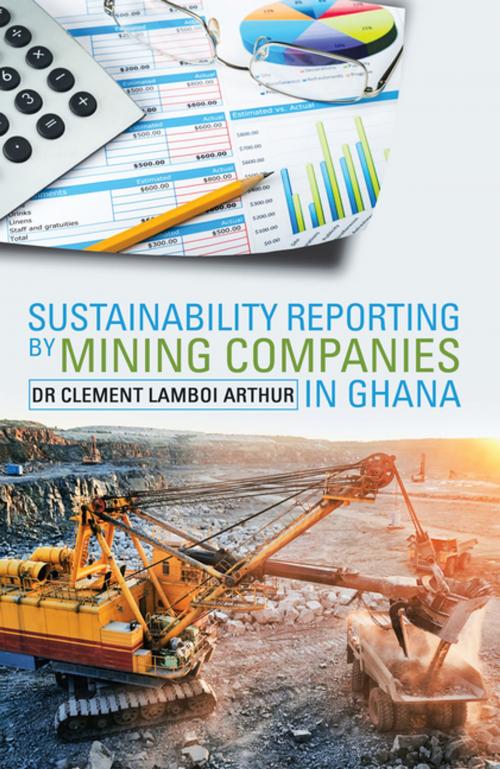Sustainability Reporting by Mining Companies in Ghana
Nonfiction, Science & Nature, Science, Other Sciences, Methodology| Author: | Clement Lamboi Arthur | ISBN: | 9781543490435 |
| Publisher: | Xlibris UK | Publication: | June 7, 2018 |
| Imprint: | Xlibris UK | Language: | English |
| Author: | Clement Lamboi Arthur |
| ISBN: | 9781543490435 |
| Publisher: | Xlibris UK |
| Publication: | June 7, 2018 |
| Imprint: | Xlibris UK |
| Language: | English |
Environmental, economic, and social sustainability management is one of the most complex challenges facing both private and public sector organizations in recent times. This book is different from other accounting books in that unlike other texts on accounting, it addresses the needs of variety of users. Another way in which this book differs from other textbooks is that it is meant for an all accounting audiences who are interested in current issues in sustainability, accounting, and reporting of mining companies in Ghana. It provides a good starting point for anyone wanting to embark on research in this area. The book is meant to be easy to read, so I apologize for including references and citations. If I left them all out, you would not know whether what I was saying was my personal opinion or had some authoritative evidence to back it up. I have tried to minimize the references though, consistent with the requirements of the need to evidence statements and give credit to innovative thinkers. I hope I have made it very obvious when anything is just my personal opinion. The content of this book is intended for practicing accounting and finance professionals, graduate students, and advanced undergraduate students. The social and economic context of sustainability accounting is regularly brought into discussion and accounting, like all business studies are social studies. It is done by people about people to people. It is not just about what things people own and what those things are worth.
Environmental, economic, and social sustainability management is one of the most complex challenges facing both private and public sector organizations in recent times. This book is different from other accounting books in that unlike other texts on accounting, it addresses the needs of variety of users. Another way in which this book differs from other textbooks is that it is meant for an all accounting audiences who are interested in current issues in sustainability, accounting, and reporting of mining companies in Ghana. It provides a good starting point for anyone wanting to embark on research in this area. The book is meant to be easy to read, so I apologize for including references and citations. If I left them all out, you would not know whether what I was saying was my personal opinion or had some authoritative evidence to back it up. I have tried to minimize the references though, consistent with the requirements of the need to evidence statements and give credit to innovative thinkers. I hope I have made it very obvious when anything is just my personal opinion. The content of this book is intended for practicing accounting and finance professionals, graduate students, and advanced undergraduate students. The social and economic context of sustainability accounting is regularly brought into discussion and accounting, like all business studies are social studies. It is done by people about people to people. It is not just about what things people own and what those things are worth.















